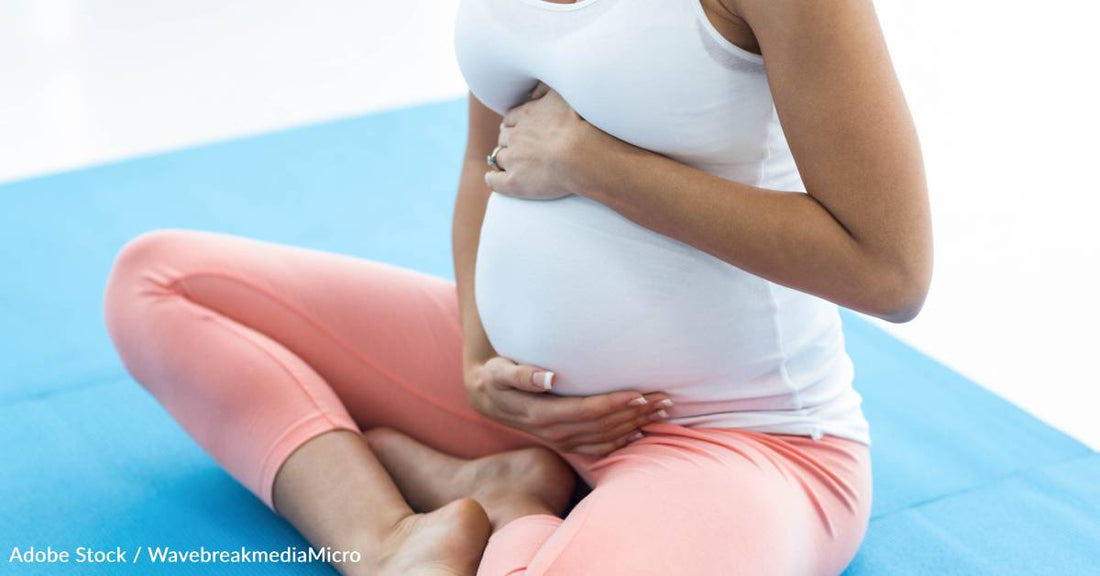Breast Cancer Risk is Higher After a Pregnancy, And a New Study May Help Explain Why
Michelle Milliken
Research has linked recent childbirth with an increased risk of breast cancer, and diagnoses at this stage may also be more aggressive. A new study investigated why the disease may form soon after a pregnancy.
Researchers at Imperial College London recently looked at healthy breast cells from women who had given birth at different ages, as well as those who had not had children, to better understand how breast tissue mutates during the reproductive years. The findings, published in Nature Communications, show that breast cell mutations accumulate as we age, which may have implications for women who become first-time mothers later in life.
Dr. Biancastella Cereser, the study’s lead author from Imperial’s Department of Surgery and Cancer, explains, “In recent decades, women have begun having children later because of societal changes and personal preferences. Previous research has found that this is associated with a heightened breast cancer risk.
“Our own research delves into the genetic mysteries that govern this risk. We found that the human breast, like other organs, accumulates mutations with age – but also that pregnancy has an additional effect meaning that older first-time mothers might have a higher chance of developing harmful changes in their breast cells compared to other women.”
The link between the two may come about because of older first-time mothers already having more breast cell mutations – the team found that about 15 are added on each year in the epithelium tissue, from which breast cancer usually originates - and breast cells rapidly expanding to prepare for breastfeeding throughout a pregnancy. Though the researchers say most mutations are harmless, cells with mutations associated with breast cancer could replicate and expand, ultimately outcompeting non-mutated cells and creating a cancerous tumor.
The team came to these findings through sequencing the entire genomes of 29 frozen healthy breast tissues from donors with no history of hormonal contraceptive use and no inherited BRCA1 or BRCA2 mutations, which are linked with a significantly increased breast cancer risk. The women were placed into three groups: those who had become first-time mothers before the age of 25 – which has been linked with a lower breast cancer risk, those who had their first child between 35 and 55, and women between the ages of 25 and 53 with no children.
The researchers found that those in the 35 to 55 age group also had more and larger clonal patches, which are formed when a mutated cell shares its mutations with its daughter cells, thus expanding the number of mutated cells.
The researchers say more study is needed on the topic, but Dr. Cereser hopes the research is a good reference for others.
She says, “I hope this study could be used as a resource for researchers looking at the genetics of healthy tissue in general, aside from the breast, and of course other breast cancer researchers, who could use the dataset of mutations we found as a ‘reference’.”
A past multi-institution study found that for women under 55, there’s an 80% increased risk of breast cancer five years after childbirth, compared with women who haven’t given birth. The team found that after 23 years, though, pregnancy became a protective factor against the disease.
Another study also found that the risk of metastasis and death from breast cancer was 50% higher among women who were diagnosed within five years of giving birth.




